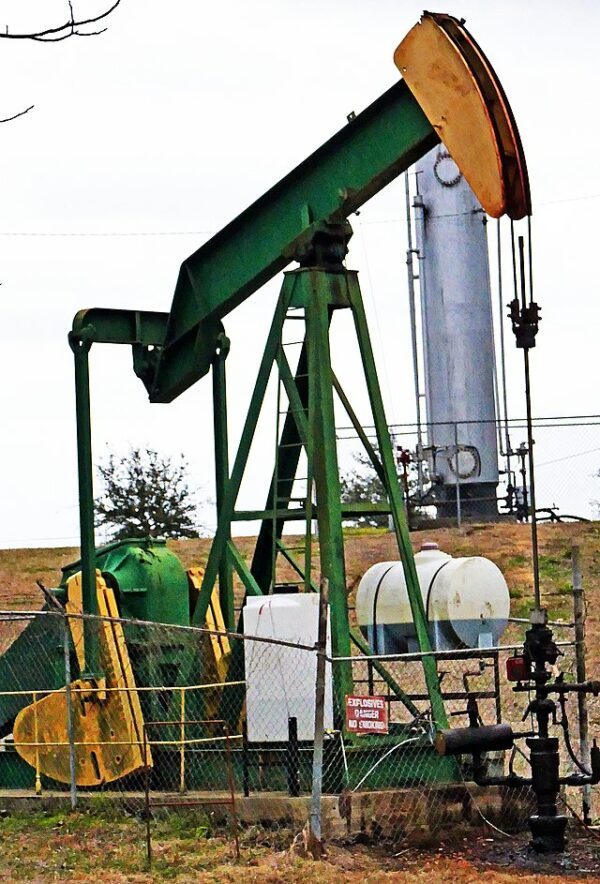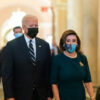It’s going to start costing you more to fill up your gas tank. Saudi Arabia announced that it is decreasing how much oil the Middle Eastern nation exports to the global economy. The decision by Saudi leaders serves as a unilateral step to try and raise the price of crude, which has sagged despite two previous cuts in supply by OPEC+.
The Associated Press writes that “the Saudi cut of 1 million barrels per day, to start in July, comes as the other OPEC+ producers agreed in a meeting in Vienna to extend earlier production cuts through next year.
Calling the reduction a ‘lollipop,’ Saudi Energy Minister Abdulaziz bin Salman said at a news conference that ‘we wanted to ice the cake.’ He said the cut could be extended and that the group “will do whatever is necessary to bring stability to this market.”
The new cut would likely push up oil prices in the short term, but the impact after that would depend on whether Saudi Arabia decides to extend it, said Jorge Leon, senior vice president of oil markets research at Rystad Energy.
That the Saudis felt another cut was necessary underlines the uncertain outlook for demand for fuel in the months ahead. There are concerns about economic weakness in the U.S. and Europe, while China’s rebound from COVID-19 restrictions has been less robust than many had hoped.
According to recent reports, Saudi Arabia is the world’s largest producer of oil, producing an average of 10.3 million barrels per day in 2020. This accounts for approximately 12 percent of the world’s total production. The country’s oil reserves are estimated to be around 266 billion barrels, which is approximately 16% of the world’s total reserves. Oil production is a key component of the Saudi Arabian economy.
The AP also noted that “Saudi Arabia, the dominant producer in the OPEC oil cartel, was one of several members that agreed on a surprise cut of 1.6 million barrels per day in April. The kingdom’s share was 500,000. That followed OPEC+ announcing in October that it would slash 2 million barrels per day, angering U.S. President Joe Biden by threatening higher gasoline prices a month before the midterm elections.”
There has been a growing divide between OPEC+ and The West. “Since Russia’s invasion of Ukraine began in February last year,” Reuters explained, “Western nations have accused OPEC of manipulating oil prices and undermining the global economy through high energy costs. The West has also accused OPEC of siding with Russia.
In response, OPEC insiders have said the West’s money-printing over the last decade has driven inflation and forced oil-producing nations to act to maintain the value of their main export.”
Global benchmark Brent futures were up 2.4% at $78.00 a barrel Monday during early Asia trade, while U.S. West Texas Intermediate futures rose 2.5% to $73.53 per barrel, according to CNBC.
[Read More: NASA Puts Out A Call For Lunar Rovers]



